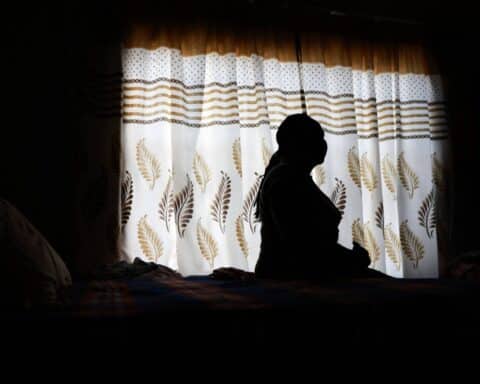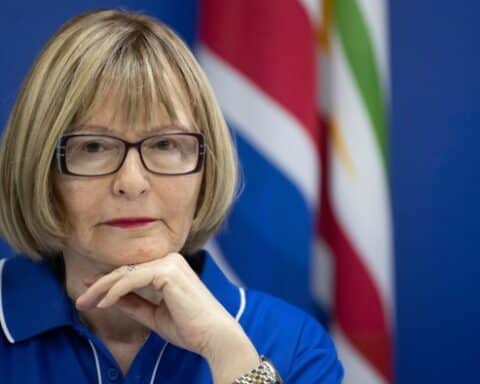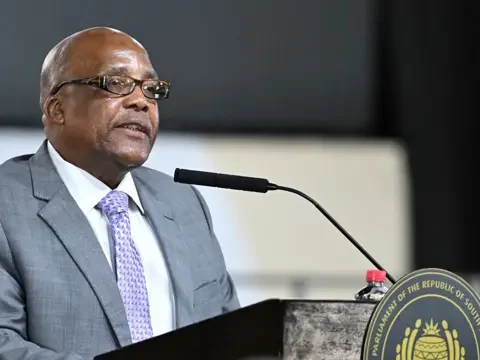Regional powers seek resolution as death toll reaches 110 in Mozambique’s post-election unrest.
JOHANNESBURG – South African ministers met with Mozambican officials Wednesday in Malelane to address violent protests that have claimed 110 lives since disputed October elections, disrupting crucial border operations between the two nations.
South African Foreign Minister Ronald Lamola said after the talks that both nations would await the Mozambican Constitutional Council’s ruling on election disputes, expected December 23. The meeting took place 50 kilometers from the shared border.
“We looked into the political situation in Mozambique and we have agreed that we will await the outcome of the Constitutional Council,” Lamola said at a news conference.
The crisis erupted after Mozambique’s Election Commission declared Daniel Chapo of the ruling Mozambique Liberation Front (Frelimo) winner of the October 9 election with 71% of votes.
Opposition candidate Venancio Mondlane, who received 20% of votes, rejected the results, alleging widespread vote-rigging. His calls for protests triggered nationwide demonstrations starting October 21.
Mozambique’s Interior Minister Pascoal Ronda, who led his country’s delegation, said President Filipe Nyusi had attempted to initiate dialogue between candidates, but Mondlane failed to participate.
The unrest forced South Africa to temporarily close one of its major border crossings with Mozambique last month, affecting regional trade. Both ministers announced measures to protect cross-border infrastructure and trade routes.
“Both countries will endeavor to protect and secure the infrastructure for trade facilitation,” Lamola said, emphasizing plans to minimize disruption at the Lebombo and Ressano Garcia border crossings.
According to Plataforma Eleitoral Decide, an independent election monitoring group, the death toll has reached 110 since protests began two months ago.
The meeting holds particular significance for South Africa, which chairs both the Southern African Development Community (SADC) and African Union, positioning it as a key mediator in regional conflicts.








